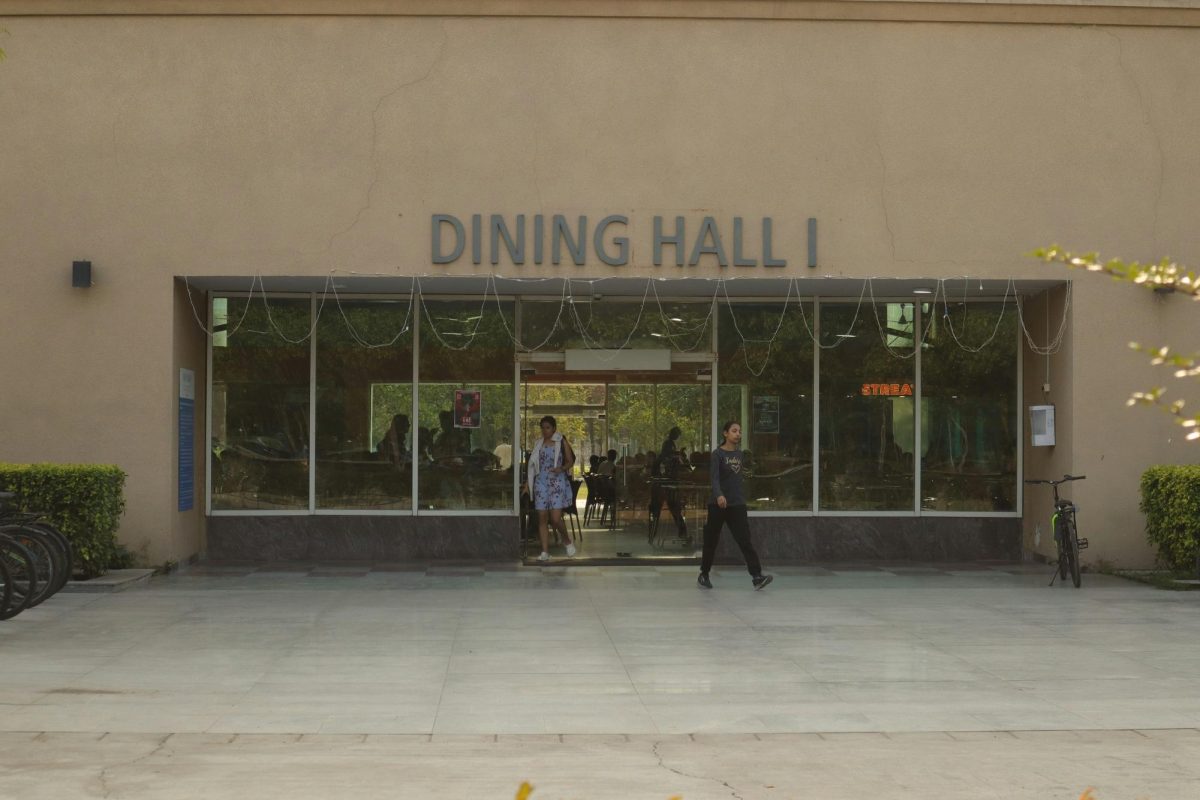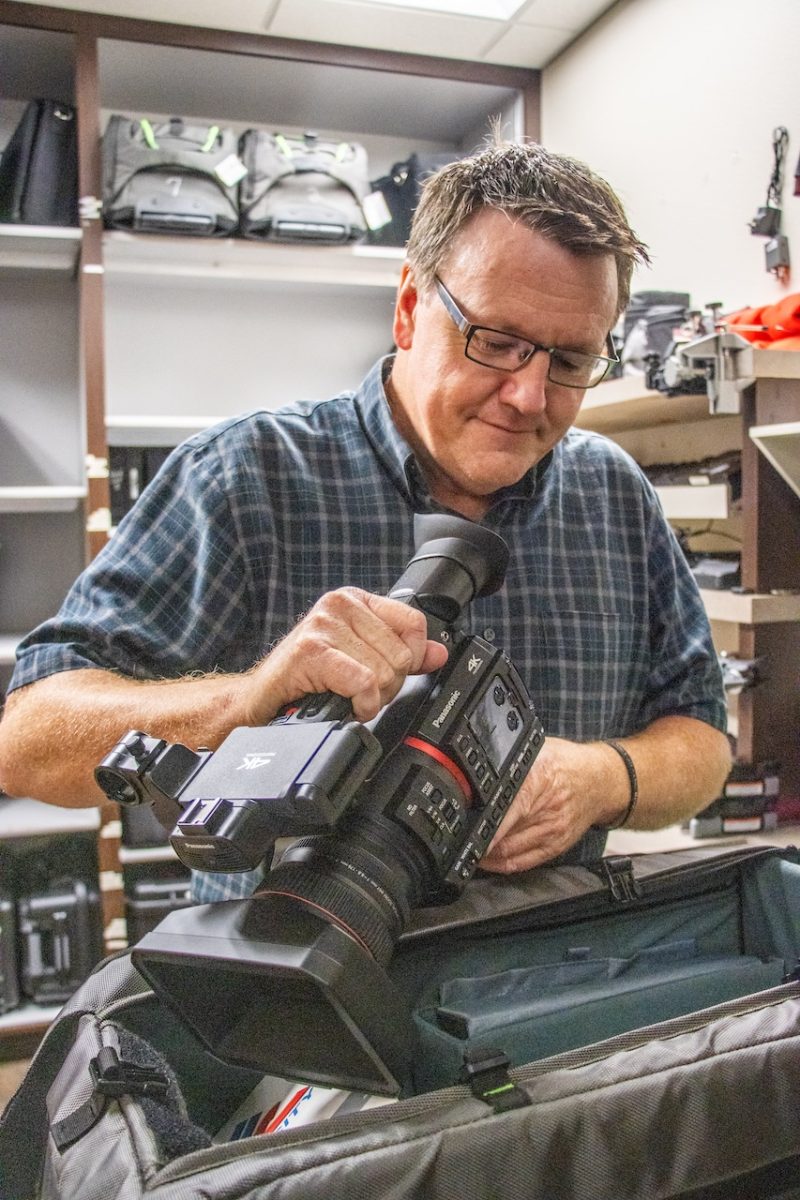Three local members of the Texas Legislature spoke on TR Campus on Aug.15 about students’ readiness for the workforce.
The discussion hosted by The Texas Tribune centered on the importance of funding education with a focus on supporting students from underrepresented communities and ensuring housing affordability.
The panel included state Rep.Nicole Collier, D-Fort Worth, Rep.Salman Bhojani D-Euless, Sen. Phil King, R Weatherford, and was moderated by James Barragán, a politics reporter for The Texas Tribune.
Chancellor Elva LeBlanc highlighted the importance of House Bill 8 during the event.
“The House Bill 8 legislation has tightened our focus to provide advanced, true career learning,” LeBlanc said. “And workforce development that prepares our students to stay in the region and supercharge the economy.”
Local ISD superintendents attended the event as they are working closely with TCC to prepare students for the workforce.
“We’ve added some additional programs at our CTE (career and technical education) center,” Hurst-Euless-Bedford ISD Superintendent Joe Harrington said. “We’ve added welding, which I added a teacher last year, and I need another one, which is a wonderful problem, but that’s directly getting them work ready. We’re working with TCC and hope to open up an early college next year.”
All three legislators attended community colleges and spoke about the importance of access and affordability in higher education, centering partnerships with local schools and workforce development.
“Sometimes, we need to have built those public-private partnerships to say, OK, can we teach the
students exactly what this employer is needing so that way they can get work immediately,” Bhojani said.
Bhojani emphasized that higher education and the job market are not one-size-fits-all for students
and that pathways that cater to their different needs must be created so that the needs of both students and the workforce industry are met.
Collier, who is an alumnus of TCC, stressed the significance of prioritizing funding for public education.
“So, we do want to make sure that we have a ready workforce that have all the tools that they need to
succeed,” Collier said. “And we can do that by electing people who share the same values to fully fund our public schools and invest in the future of our students.”
While the discussion mostly centered on preparing students for jobs, the panel also discussed
barriers to students’ higher education needs, such as Senate Bill 17, which bans diversity, equality and inclusion initiatives in universities and colleges, including hiring employees on campus and student clubs.
Specifically, 131 scholarships have been put on hold or modified so that colleges can comply with the law.
Both Bhojani and Collier agreed on the importance of DEI initiatives within higher education to promote inclusivity and equity.
“We have diversity, equity and inclusion because of the historical and systemic discrimination that has perpetuated in our society,” Collier said. “So, you need to have these spaces and continue to have them for any type of person, for our LGBTQ, for women, men, black, Muslim, all types of opportunities need to be available.”
Collier said she is concerned that these types of bans will continue in the next legislative session.
“When people of color have been traditionally challenged, they don’t have
those accesses,” she said. “These are small things that are still barriers for opportunity for everybody. And so yes, we want to include everyone, but let’s make sure we all have the same starting line before we do that.”
King, who is also a former TCC student, differed from the other legislators on the issue of DEI.
“They can’t make those decisions based on race. They can’t make those decisions based on religion or on sex, and that’s what they’re saying,” King said. “They can make it on a bunch of other factors, academics, what you know, potential they see in a child, anything like that at all.”






































